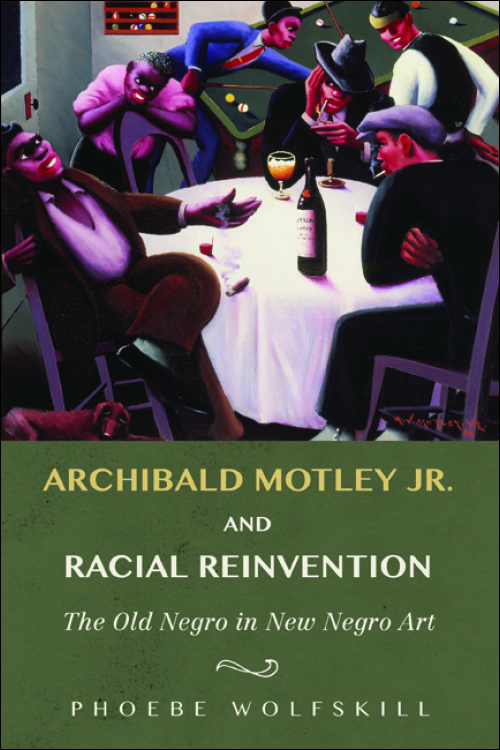Remembering Afro-German Intellectual May AyimPosted in Articles, Biography, Europe, Literary/Artistic Criticism, Media Archive, Women on 2017-09-08 15:10Z by Steven |
Remembering Afro-German Intellectual May Ayim
Black Perspectives
2017-09-06
Tiffany Florvil, Assistant Professor of History
University of New Mexico

May Ayim (Photo: Orlanda Frauenverlag)
It has been almost twenty-one years since Black German activist, educator, writer, and public intellectual May Ayim died on August 9, 1996 at the age of 36. After facing some personal setbacks and a recent diagnosis of multiple sclerosis, Ayim committed suicide by jumping from her apartment building in Berlin-Kreuzberg. She also suffered from depression, which was often exacerbated by the psychological toil that everyday German racism had on her. Even though Ayim was born and raised by adoptive parents in Germany, some white Germans, including her adoptive parents, continued to harbor racist views that denied her humanity as a Black German citizen in a post-Holocaust society.
Her death shocked her colleagues and friends near and far. From South Africa to the United States, people sent their tributes, in which they recognized how much she inspired them through her writing and spoken word performances. Much like her mentor Caribbean-American poet Audre Lorde, Ayim, too, believed in the “subversive power of lyrical language.”1 As a talented and well-known writer at home and abroad, her poetry and prose served as a form of intellectual activism and as a medium to incite socio-political change. In fact, Ayim derived a key source of political and emotional energy from her writing, which was a constitutive element of her activism.
May Ayim was not unlike other Black diasporic women such as Claudia Jones or the Nardal sisters, producing materials that shaped diasporic culture and politics and that promoted Black intellectualism and internationalism. She integrated diverse styles, such as the Blues, that reflected her wide-ranging interests in and ties to the transnational Black diaspora. Ayim even incorporated West African Adinkra symbols in her first poetry volume blues in schwarz weiss (Blues in Black White) – representing her Ghanaian roots. In the volume, poems such as “afro-deutsch I,” “afro-deutsch II,” “autumn in germany,” “community,” and “soul sister” tackled the themes of identity, difference, community, and marginalization, reflecting her (and other Black Germans’) experiences in Germany.2 She also used her writing to negotiate her Black Germanness and to write herself into German society and the Black diaspora…
Read the entire article here.





